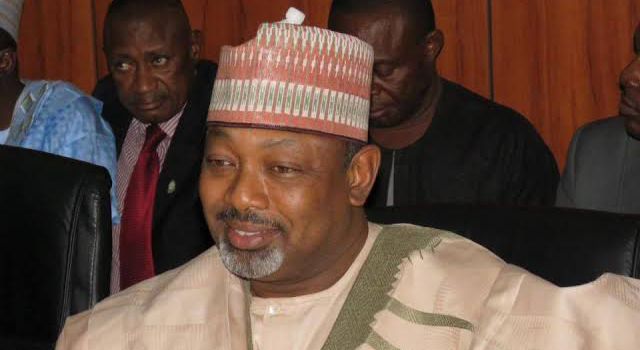The federal government estimates that the livestock sector has the potential to grow into a ₦74 billion economy by 2035, if fully harnessed, based on projections.
Special assistant to the Minister of Livestock Development, Sale Momale, said this on Friday in Abuja.
Mr Momale spoke on the sidelines of a workshop on “Promotion of Peaceful Coexistence among Farming and Pastoral Communities through Strengthening the Role of Media in the Development of the Livestock Industry in Nigeria.”
The workshop was organised by the Strengthening Peace and Resilience in Nigeria programme.
SPRING is a Foreign Commonwealth and Development Office-funded intervention in collaboration with the livestock ministry.
He said that to drive the implementation of the livestock ministry’s policies and strategies, there was a need for mass mobilisation of citizens, the creation of investment opportunities across the value chain, and the promotion of peace and social harmony.
Mr Momale identified the role of the media as instrumental in carrying out the sector’s activities.
He said the workshop provided a platform for the exchange of ideas and acquainted participants with priority programmes and types of messaging to achieve the objectives of developing a robust, viable livestock industry in the country.
According to him, the Nigerian livestock sector holds vast untapped potential yet faces significant challenges, including insecurity, herder-farmer conflicts, and widespread misconceptions.
Mr Momale, who stated that the ministry had implemented strategies to drive the process, listed the major focus as building the capacities of various producers and value chain actors across the major livestock species.
He said, “We are optimistic that organising production along this line will transform the sector, create job opportunities, sustainable livelihoods and improvement in the productivity of the sector within the forthcoming years, achieving a N74 billion growth rate by 2035.
“This can be achieved through strategic frameworks and funding mechanisms that will incentivise broad-level youth participation that will be very attractive to youth and young women to be able to invest and participate in the production.”
Advocacy and coalition lead at the SPRiNG programme, Damian Ihekoronye, urged the media to always reconsider and incorporate conflict sensitivity in their reporting on issues in the farming and pastoral sectors.
He further urged the ministry to deepen engagement with the media and provide them with the needed information they could use to educate and enlighten the populace.
“The ministry is helping Nigeria to transition from the old ways of raising our livestock and managing our livestock to modern ways that could be economically beneficial to every Nigerian.
“It will also help to reduce the unnecessary conflict that is usually associated with the agricultural sector.
“We are optimistic that organising production along the livestock under the ministry will transform the sector and create job opportunities and sustainable livelihoods,” Mr Ihekoronye said.
Mr Ihekoronye said SPRiNG’s partnership with the ministry was geared towards developing the sector to contribute to the country’s economy.
(NAN)






